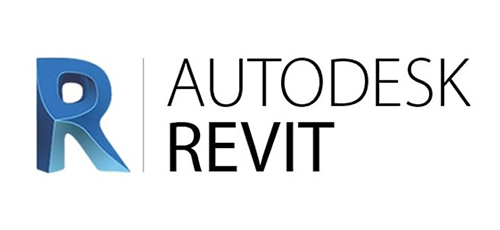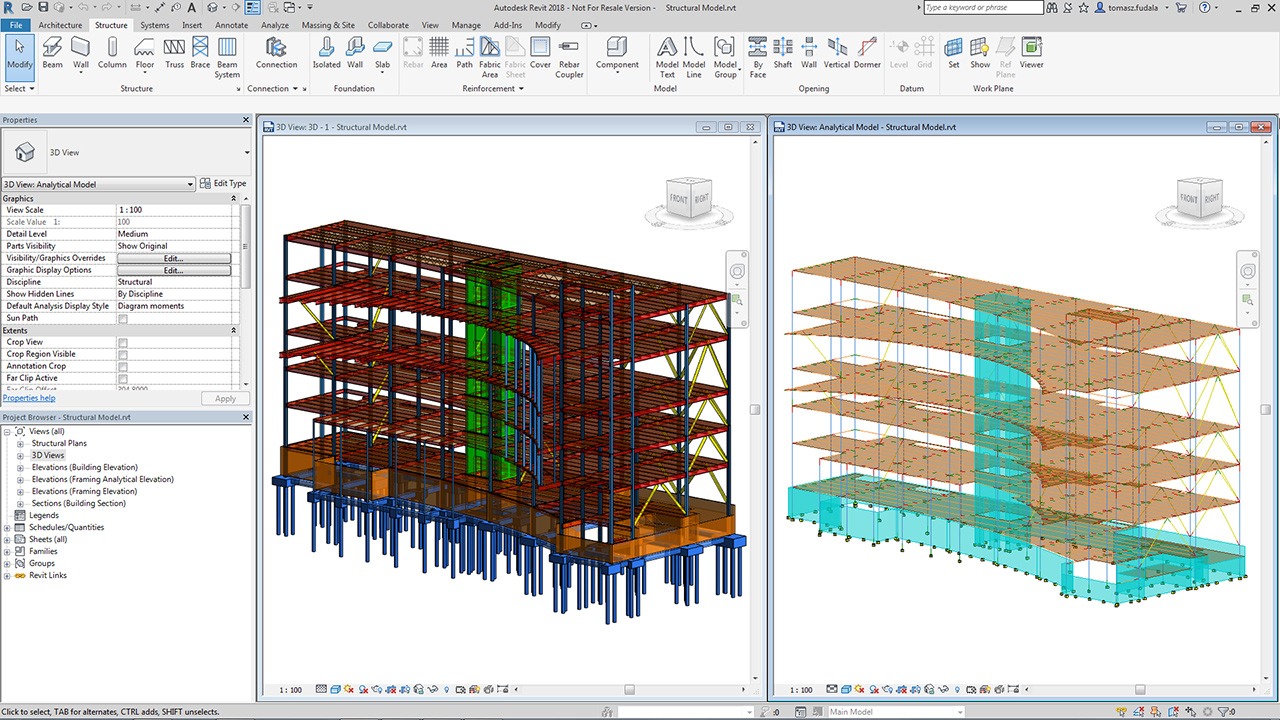Revit Structure Training Overview in Fujairah

Revit Structure training is essential for individuals looking to become proficient in the field of Revit Structural Design. Four Skills Training Institute in Fujairah offers a comprehensive Revit Structural Course that allows learners to explore the skills needed to create safe, functional, and aesthetically pleasing structures. The institute's meticulous curriculum and industry-experienced instructors guide participants in acquiring the knowledge and skills required for accurate structural design.
Importance of Revit Structure Course
Revit Structure, an Autodesk BIM software solution, is instrumental in creating precise documentation for steel and concrete designs. It plays a crucial role in enhancing multi-discipline coordination in structural design documentation. Structural engineers use Revit Structure for designing a wide range of structures, from apartment complexes to dams and large statues. The importance of the Revit Structure course lies in its ability to:
- Minimize errors, resulting in accurate structural designs.
- Improve collaboration among structural engineers.
- Familiarize learners with tools used in Revit Structure.
- Provide valuable construction insights through Structural Design Models.
Why Get Revit Structure Certification?
Obtaining Revit Structure certification is highly beneficial for those pursuing a career in structural design. Certification serves as evidence of an individual's skills and expertise in creating high-quality structural buildings. It can open doors to exciting career opportunities and demonstrate a commitment to professional development. Key benefits of obtaining Revit Structure certification include:
- Establishing credibility and showcasing expertise in structural design.
- Gaining worldwide recognition as a symbol of professional achievement.
- Contributing to the success of one's organization.
- Staying updated on the latest industry trends and technologies.
- Revit Structure Training Outcomes and Professional Benefits
A typical Revit Structure course covers a wide range of topics, which may include but are not limited to:
- Introduction to Revit Structure
- Selection and Modifying Tools
- Creating Levels and Grids
- Structural Foundations
- Structural Walls
- Foundations
- Structural Reinforcement
- Placing Beams
- Floors
- Creating Views
- Annotation and Drafting Tools
- Schedules and Legends
- Sheets
- Architectural Underlay: CAD Files
- Architectural Underlay: Revit Projects
- Revit Architecture Course
- Revit Course

Outcomes and Professional Benefits
The Revit Structure Certification course offers various outcomes and professional benefits, including:
- Building universal skills and recognition in creating safe and accurate structural designs.
- Preparing individuals to work in engineering firms by imparting essential skills and competencies.
- Enhancing career prospects and securing recognition and authority in structural design.
- Demonstrating expertise in structural design and the ability to create accurate models.
- Access to high-paying job opportunities, creative flexibility, and increased productivity.
- In-depth knowledge and in-demand skills through comprehensive training.
- Boosting one's portfolio and showcasing credibility and proficiency in structural design.
Revit Structure Certification Career Path and Opportunities
Structural design is a critical aspect of ensuring the safety and stability of buildings and structures. Revit Structure certification can lead to various job opportunities in industries such as construction, manufacturing, and consulting. Some common job roles and industries looking for Revit Structure professionals include:
Job Roles for Professionals in Revit Structure
- Architect
- Interior and spatial designer
- Building surveyor
- Town planner
- Production designer
- Historic buildings inspector
- Structural engineer
Industries Seeking Revit Structure Professionals
- Construction
- Automotive
- Manufacturing
- Energy management
- Electricity
- Communication technology
- Sustainable design
- Piping industry
- Revit Structure Course Syllabus

